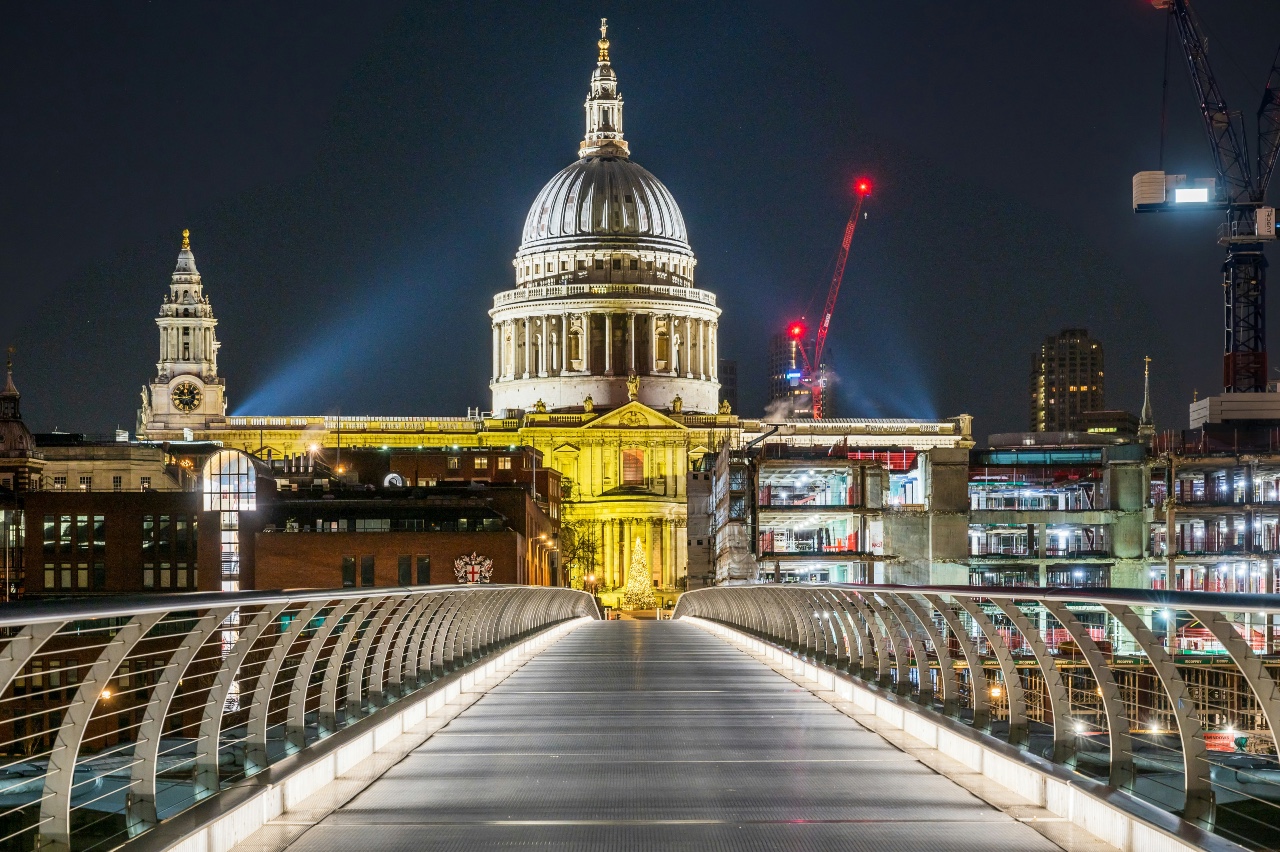UK Green Building Council presents industry framework for net zero carbon buildings
Following six months of intense industry engagement, the UK Green Building Council (UKGBC) has unveiled its framework for the UK construction and property industry to transition new and existing buildings to become net zero carbon by 2050. This is line with the ambitions of the Paris Climate Agreement.
UKGBC consulted with more than 180 experts and stakeholders from across the built environment value chain to produce the framework, which is supported by 13 trade associations and industry bodies including BPF, RICS and RIBA. The work has been made possible thanks to the support of lead partner Redevco Foundation, and partners BAM, Berkeley Group, Grosvenor, JLL and Hoare Lea.
The framework provides an overarching set of principles and metrics that can be integrated into tools, policies and practices. It aims to build consensus in the industry on the approach to decarbonising buildings.
It also provides guidance for developers, owners and occupiers; setting out key principles to follow and outlining ‘net zero’ should be measured and evidenced.
Two approaches to net zero carbon are proposed by the framework:
- Net zero carbon – construction: the embodied emissions associated with products and construction should be measured, reduced and offset to achieve net zero carbon.
- Net zero carbon – operational energy: The energy used by the building in operation should be reduced and where possible any demand met through renewable energy. Any remaining emissions from operational energy use should be offset to achieve net zero carbon.
Through these two approaches, net zero carbon buildings will be achieved by reducing construction impacts, reducing operational energy use, increasing renewable energy supply and off-setting any remaining carbon. Stakeholders are encouraged to apply the framework as a whole, or in its component parts, to help build the industry’s capacity to deliver net zero carbon buildings.
With the framework providing a starting point, the next ten years will see the scope and ambition of the framework increased to encourage greater action. In the short-term, additional requirements will be introduced to challenge the industry, including minimum energy efficiency targets and limits on the use of offsets.
In the longer term, the two approaches for construction and operational energy will be integrated into a broader approach for net zero whole life carbon, covering all of the emissions associated with the construction, operation, maintenance and demolition of a building.
Richard Twinn, Senior Policy Advisor at UKGBC, said: “The urgency of tackling climate change means that businesses must work together to drive down emissions as fast as possible. But this requires a shared vision for what needs to be achieved and the action that needs to be taken. This framework is intended as a catalyst for the construction and property industry to build consensus on the transition to net zero carbon buildings and start to work towards consistent and ambitious outcomes. It is the first step on a journey towards ensuring all of our buildings are fit for the future.”
Emily Hamilton, Senior Sustainability Manager at Grosvenor Britain & Ireland, said: “Our climate is in crisis. As a major consumer of resources and with a significant carbon footprint, the UK’s built environment industry has a far-reaching role to play in helping to limit the worsening impacts of climate change. This framework is an important first step to enable the industry to rapidly accelerate the transition to a net zero carbon economy. We believe collaboration is fundamental if we are to rapidly deliver a net zero carbon future and we commit to adopting this framework to upskill our staff and our partners.
Peter Stockwell, Managing Director of Concept Energy Solutions, comments: “We welcome the UKGBC framework as it offers a clear insight into how carbon emissions from the built environment can be reduced and provides guidance on defining net zero carbon buildings. We agree with the UKGBC that the use of renewable technologies and low carbon materials are a priority. Over the lifecycle of buildings it makes sense to use these options. To achieve this, the supply chain must move away from focussing on cost and instead shift to an emphasis on quality, sustainable materials which have a manageable -and measurable – environmental impact.”
‘Net Zero Carbon Buildings: A framework definition’ is available to download here.


